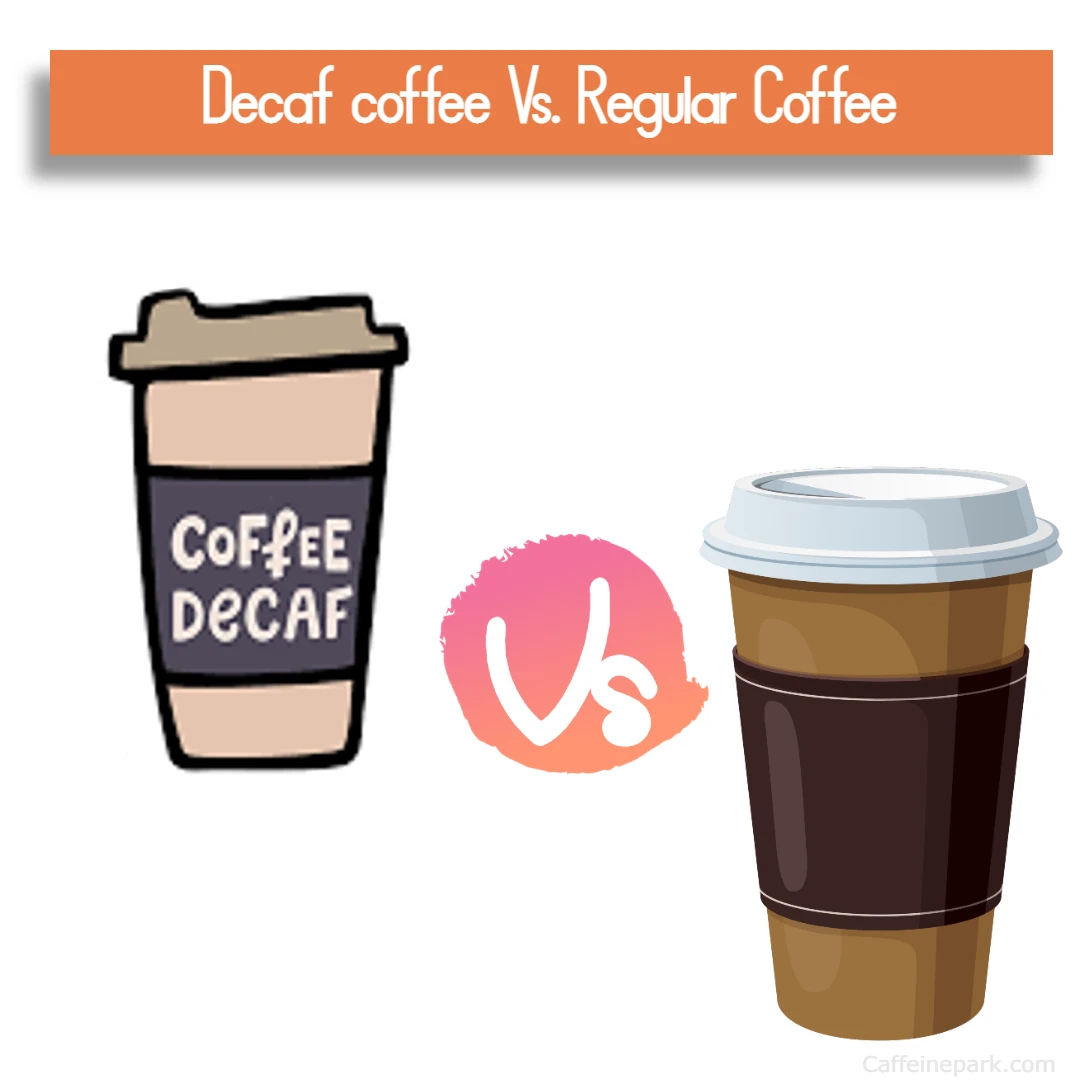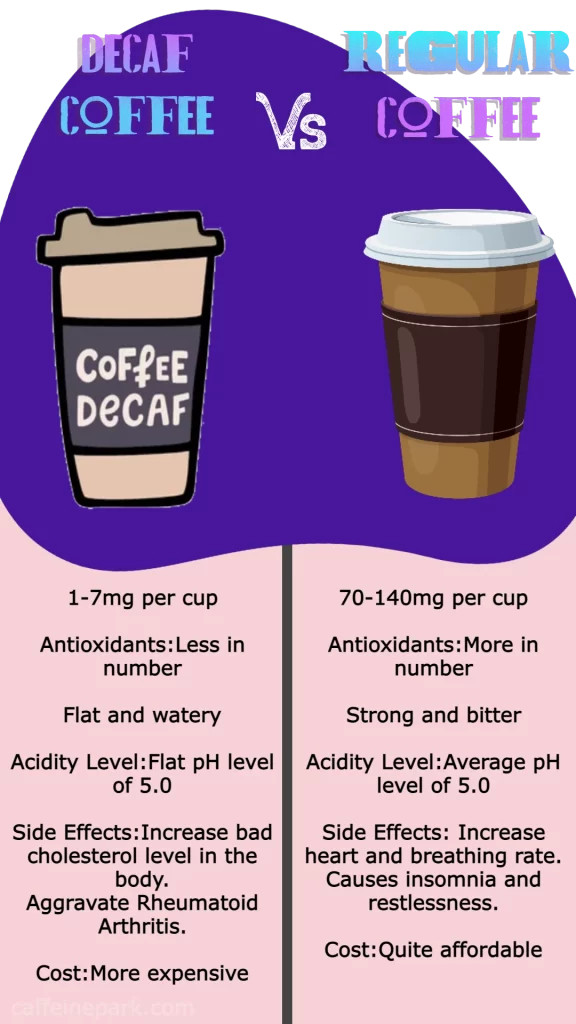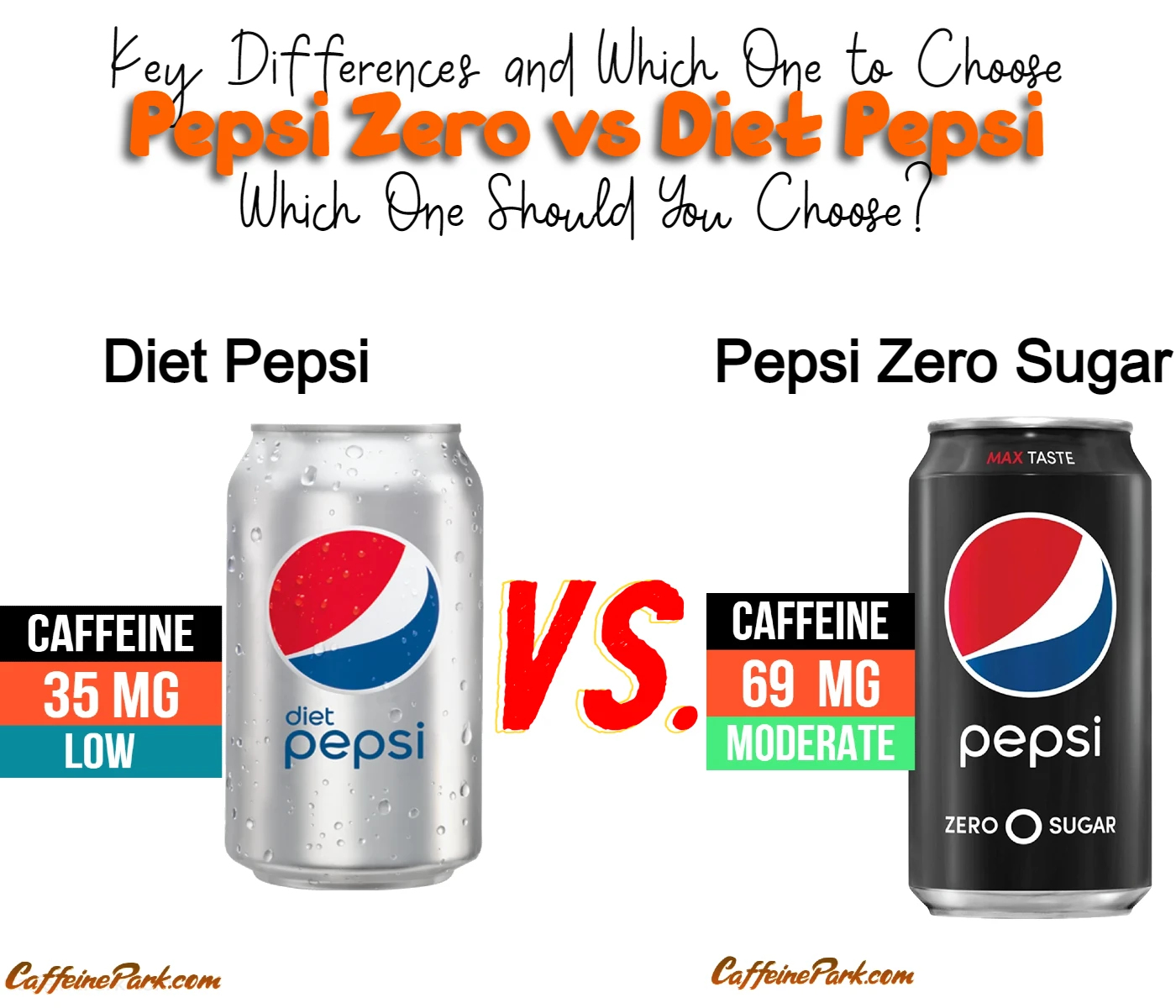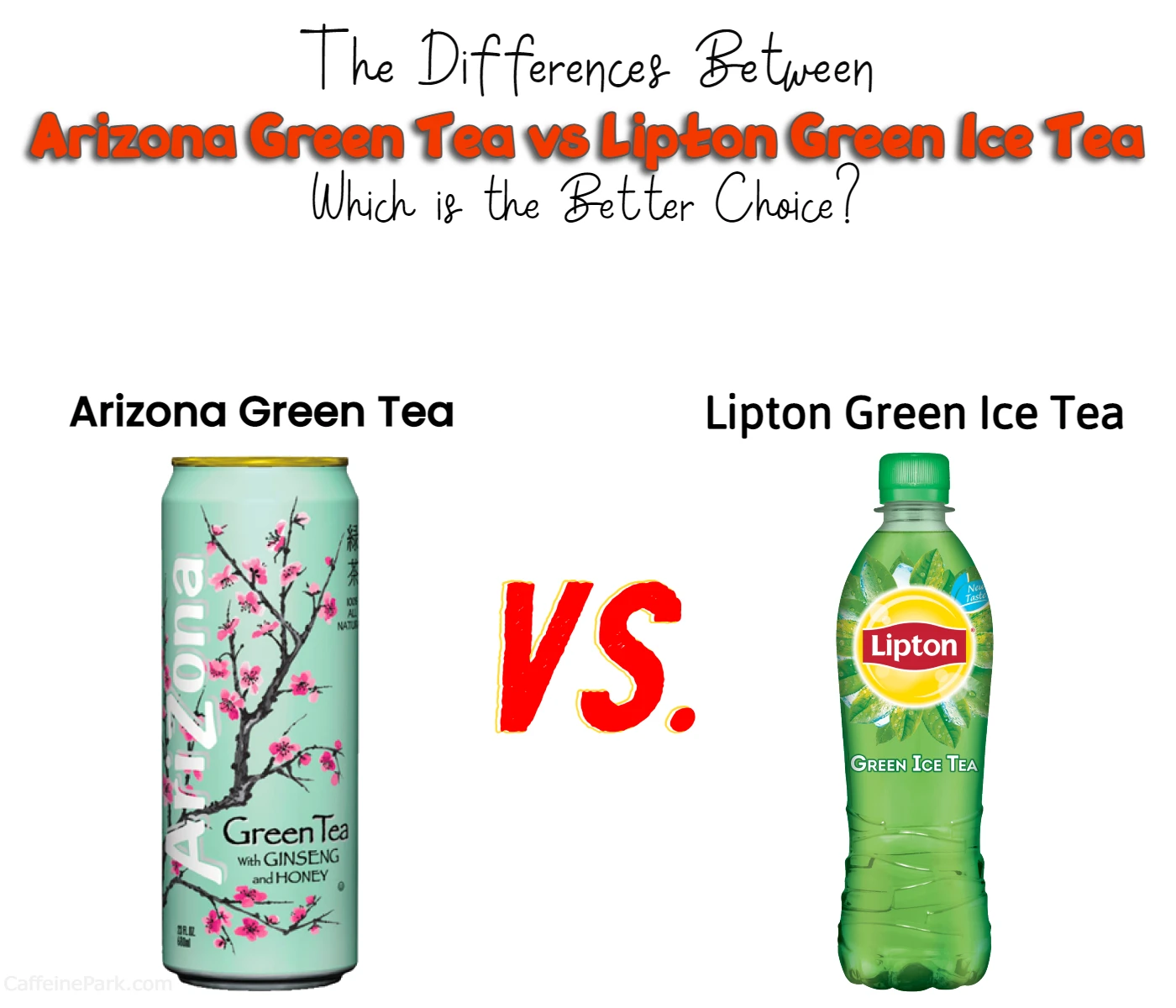Difference between Decaf and Regular Coffee

Do you like coffee? If so, are you a fan of the regular stuff, or do you prefer to drink decaf? There are plenty of people out there who can’t stomach caffeine – myself included – so they drink decaf coffee instead. But is there really a difference between the two? In this blog post, we’ll take a look at the difference between decaf and regular coffee, and we’ll also discuss which one is better for you.
What Is The Process of Making Decaf
Decaf coffee is regular coffee that has had the majority of its caffeine content removed. Decaf contain about 1-7mg of caffeine per cup, But a cup of Regular Coffee contain 70-140mg of caffeine.
There are a few different ways to do this, but the most common method involves using water and chemicals to extract the caffeine from the beans. This process can sometimes strip away some of the flavors from the beans, which is why some people say that decaf doesn’t taste as good as regular coffee. Other ways to make decaf:

Comparison Table (Decaf vs Regular Coffee)
| Basic Terms | Decaf Coffee | Regular Coffee |
|---|---|---|
| Caffeine Content | 1-7mg per cup | 70-140mg per cup |
| Antioxidants Level | Less in number (about 15% lower than regular coffee) | More in number |
| Taste | Flat and watery | Strong and bitter |
| Acidity Level | Flat pH level of 5.0(Making it more acidic.) | Average pH level of 5.0 (Making it less acidic.) |
| Side Effects | Increase bad cholesterol level in the body. Aggravate Rheumatoid Arthritis. | Increase heart and breathing rate. Causes insomnia and restlessness. |
| Cost | More expensive | Quite affordable |
Chemical Decaffeination
Coffee beans that have been decaffeinated using chemicals generally go through one of three processes: methylene chloride, ethyl acetate, or carbon dioxide. Methylene chloride is a volatile organic compound that has been used as a food additive and industrial solvent since the 1930s. During the decaffeination process, coffee beans are soaked in water and then treated with methylene chloride, which bonds to the caffeine molecules and extracts them from the beans. The beans are then rinsed with another solvent, such as ethyl acetate, to remove any residual methylene chloride.
Carbon dioxide decaffeination is a newer process that uses supercritical carbon dioxide (a fluid state of carbon dioxide) to extract the caffeine from coffee beans. This process is generally considered to be more gentle and effective than chemical decaffeination, as it does not require the use of any harmful chemicals or solvents. Carbon dioxide decaffeination is also a relatively quick process, taking only about 12 hours to complete.
Swiss Water Process
Swiss water process is a decaffeination method that uses only water to remove the caffeine from coffee beans. This method was developed in Switzerland in the 1930s and is now used by many specialty coffee companies.
The Swiss water process begins with a batch of green coffee beans. The beans are soaked in hot water to extract their flavor and caffeine. The water is then passed through a filter that removes the caffeine. The flavored water is then used to soak another batch of beans, which are also filtered to remove the caffeine.
The Swiss water process can be repeated multiple times to completely remove the caffeine from coffee beans. However, this process can also remove some of the flavor from the beans. That’s why many specialty coffee companies only use the Swiss water process to decaffeinate their coffee beans.
If you’re looking for a cup of coffee that is low in caffeine, then you should try decaf coffee that has been processed using the Swiss water method. You may not get the same flavor as regular coffee, but you’ll be getting all the other benefits of coffee without the caffeine.
Liquid Carbon Dioxide
CO₂ is the most common form of decaffeination. It’s also called supercritical fluid extraction. This method uses pressurized CO₂ to remove the caffeine from coffee beans. The CO₂ dissolves the caffeine but not the flavor compounds in the beans.
The advantage of this method is that it’s relatively gentle so the coffee beans don’t get damaged. This results in a cup of coffee that tastes very similar to regular coffee.
The disadvantage of this method is that it’s expensive and requires specialized equipment. It can also take longer than other methods to decaffeinate coffee beans.
If you’re looking for a cup of coffee that tastes just like regular coffee but without the caffeine, then this is the method for you.
What Does This Mean For Your Health?
Regular coffee has been linked to a number of health benefits, including a lower risk of death from heart disease, stroke, and diabetes. Coffee is also a good source of antioxidants, which can help protect your cells from damage.
Decaf coffee has many of the same health benefits as regular coffee, but it’s worth noting that the decaffeination process can remove some of the antioxidants from the beans. However, decaf still contains a good amount of these beneficial compounds.
Other benefits that drinking coffee is also known for are Parkinson’s disease, chronic liver disease or cancer, heart health and obesity.
Which One Should I Drink? Decaf or Regular Coffee?
Decaf coffee still has some caffeine in it, but not as much as regular coffee. Decaf coffee is also lower in calories and has less of a chance of keeping you up at night. If you’re looking for a healthier option, decaf coffee is the way to go. However, if you’re looking for something that will give you a bigger caffeine boost, regular coffee is the way to go. Whichever you choose, enjoy your cup of coffee!
What’s your favorite kind of coffee? Let us know in the comments below!
Frequently Asked Questions About Decaf Coffee
Is Decaf Coffee Really Caffeine-Free?
No, decaf coffee is not completely caffeine-free. In fact, according to the FDA, decaf coffee must have 97% of its caffeine content removed in order for it to be considered decaf.
Does Decaf Taste Different vs Regular Coffee?
Decaf coffee does have a different taste than regular coffee. This is because the process of decaffeination removes some of the natural oils and flavors from the beans. However, many people find that they can still enjoy the taste of decaf coffee. Some even say that it has a smoother flavor than regular coffee.
How much caffeine is in decaf coffee?
Most people can handle up to 400 milligrams of caffeine a day without any negative side effects. That’s about four or five cups of coffee. But some people are more sensitive to the effects of caffeine and can have problems at lower doses. If you’re pregnant, for example, you should limit yourself to 200 milligrams a day. And if you have anxiety or heart problems, you might want to stick to less than 100 milligrams a day, or chouse Decaf coffee caffeine-free.
How do you know if you’re having too much caffeine?
You might be having too much caffeine if you’re experiencing any of the following side effects: anxiety, irritability, tremors, increased heart rate, or difficulty sleeping. If you’re pregnant, you should limit your caffeine intake to 200 milligrams per day. And if you have any underlying medical conditions like heart disease, high blood pressure, or anxiety disorders, you should talk to your doctor about how much caffeine is safe for you.
Read More:





